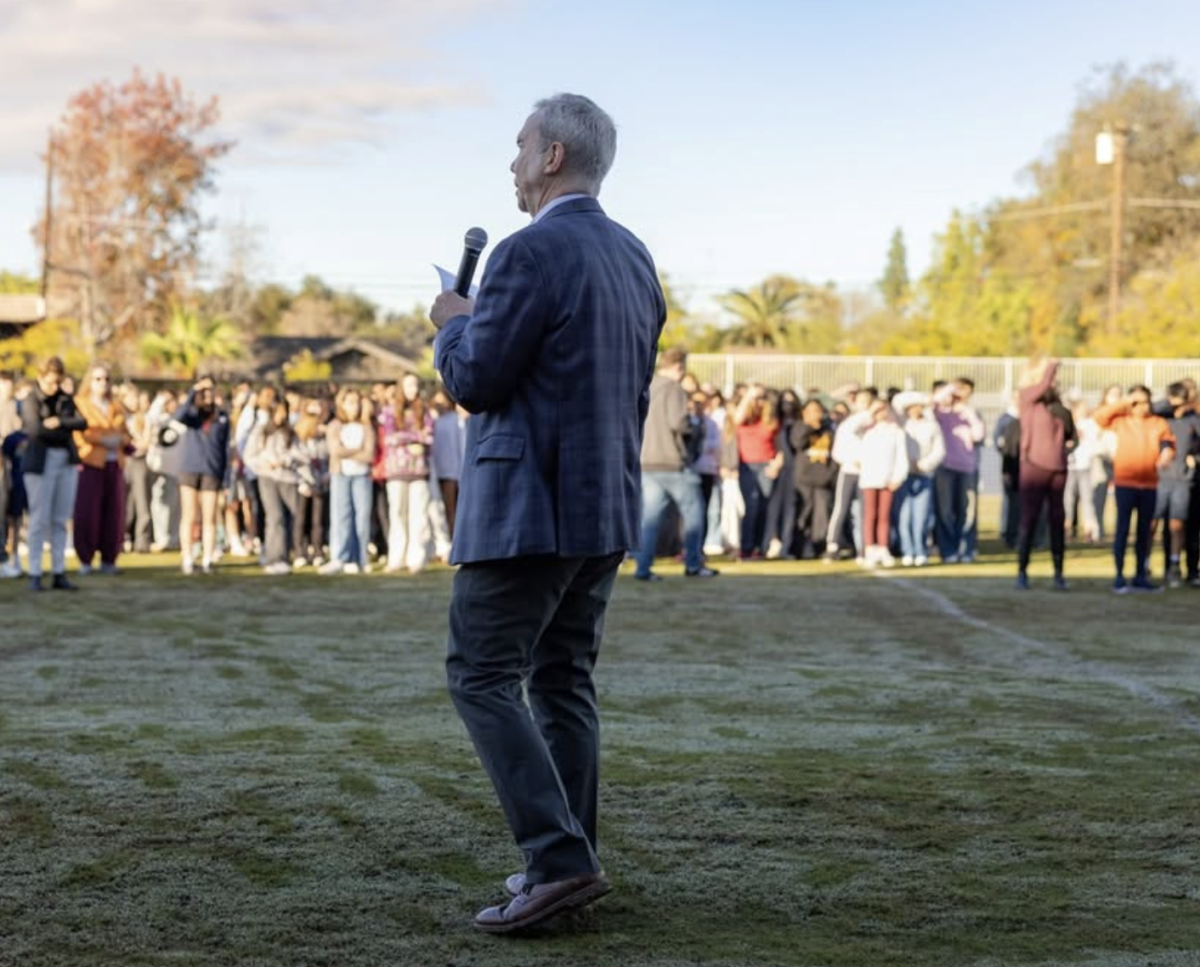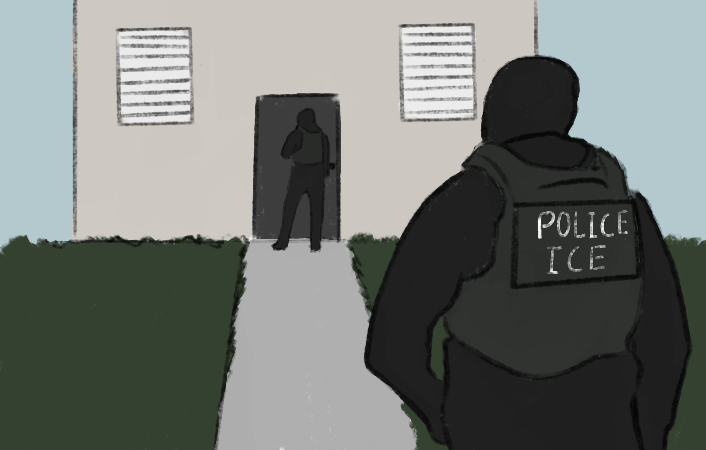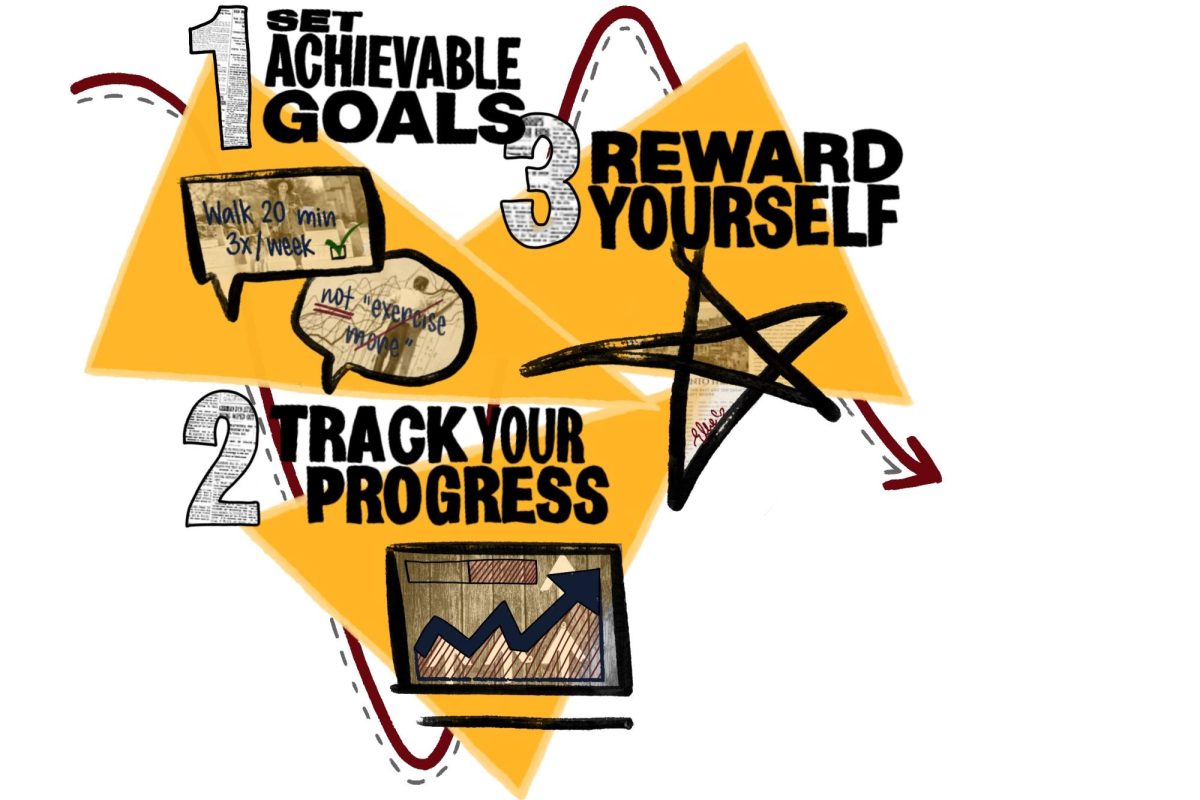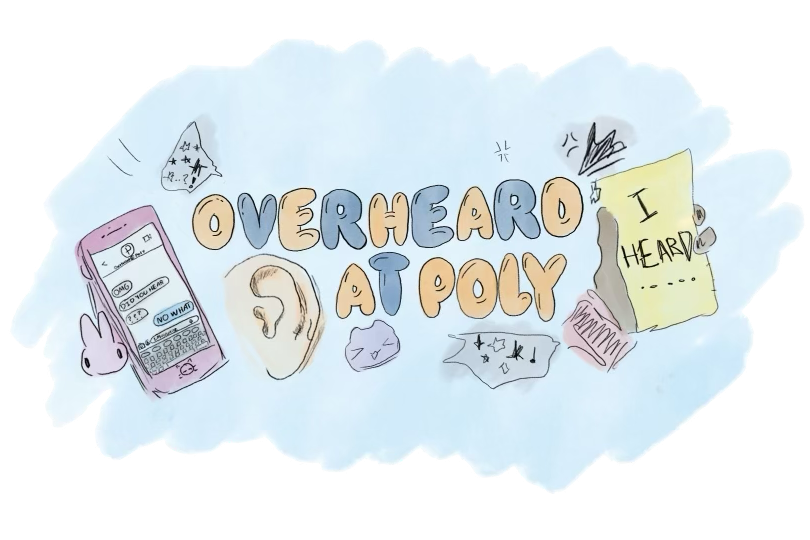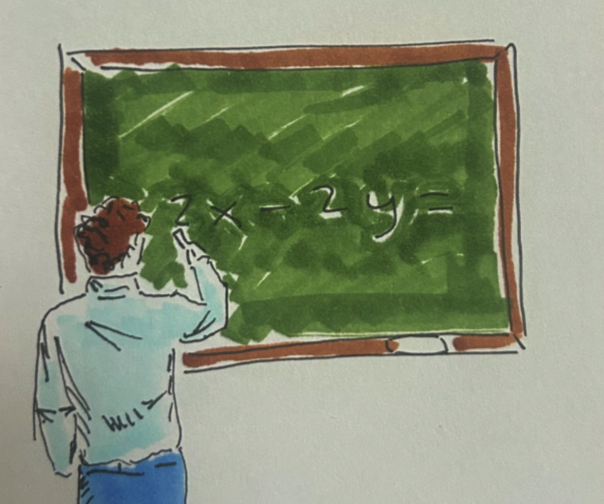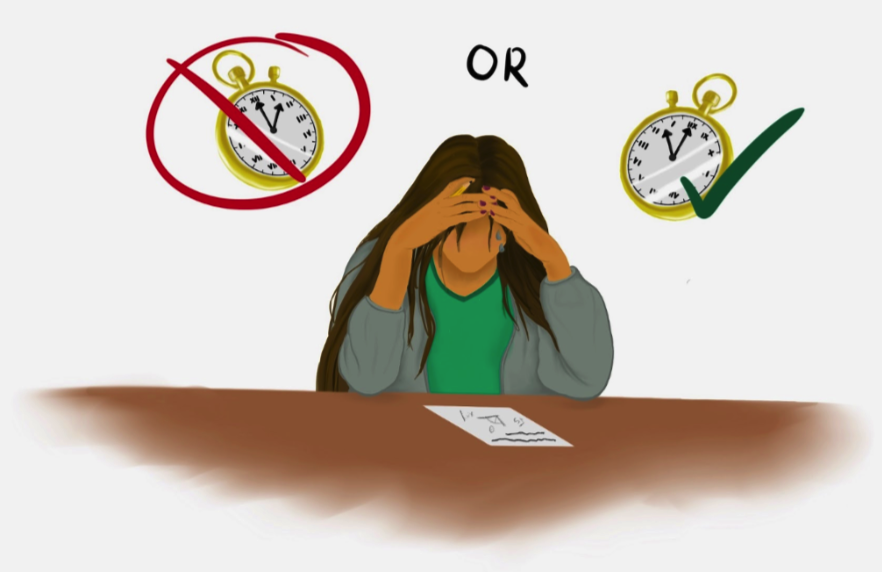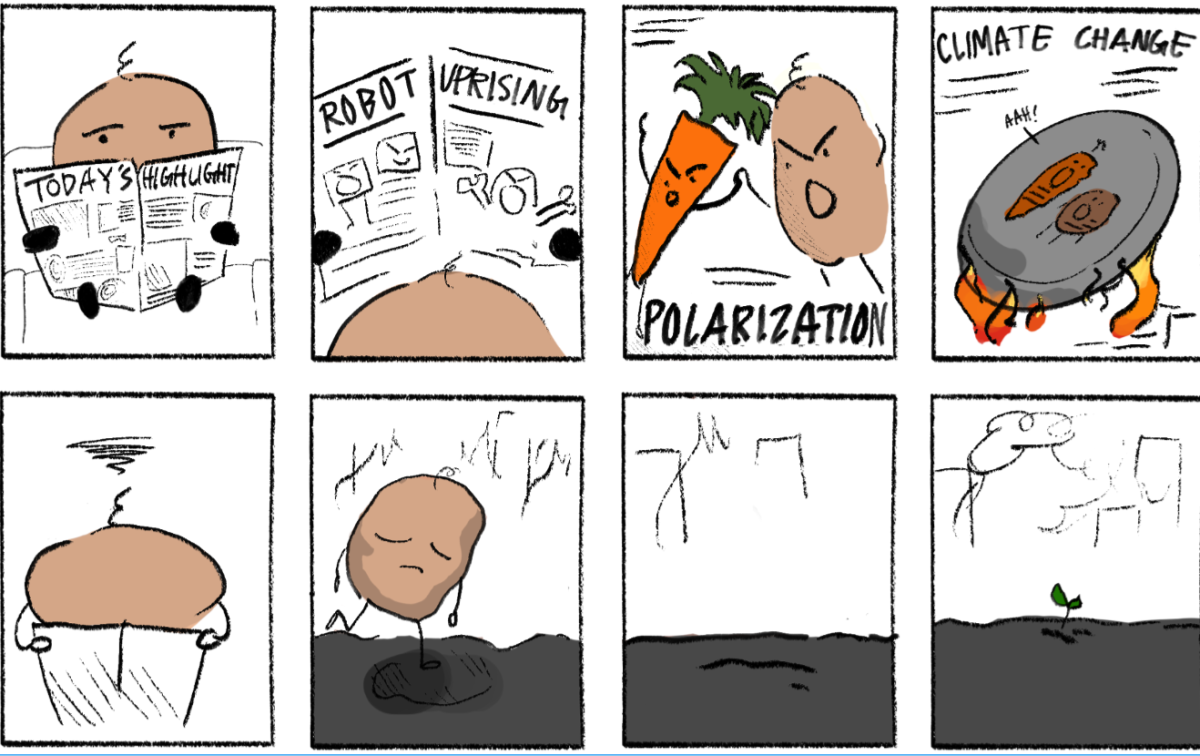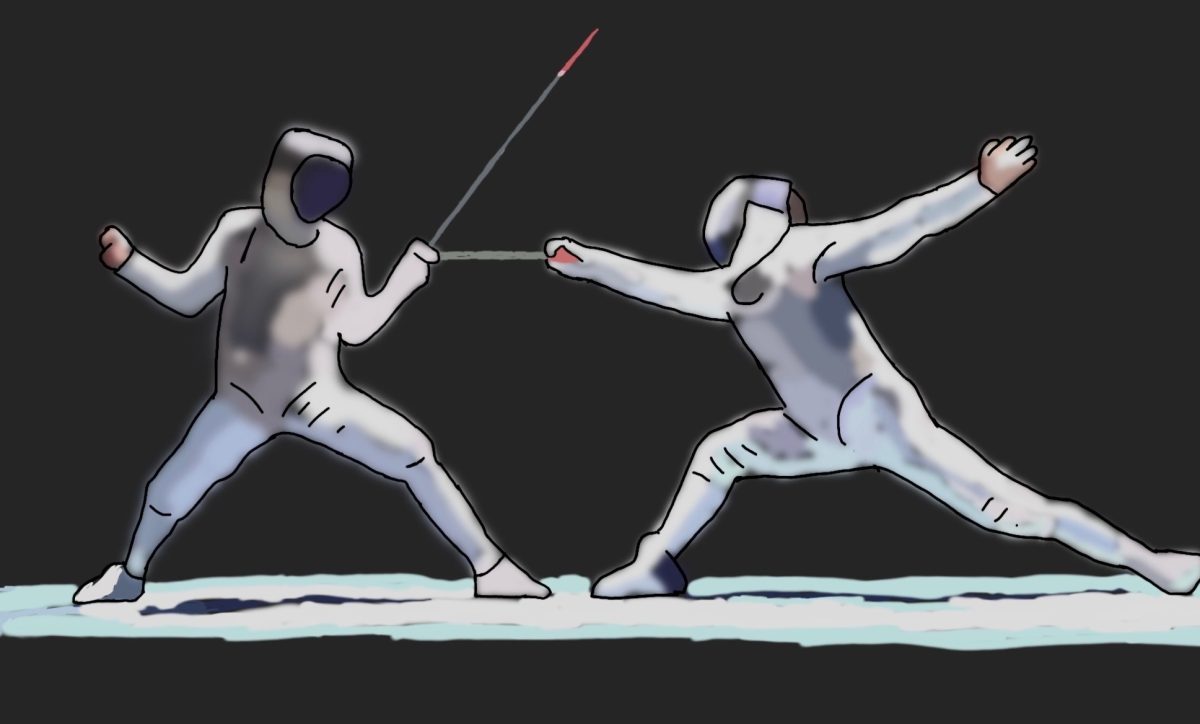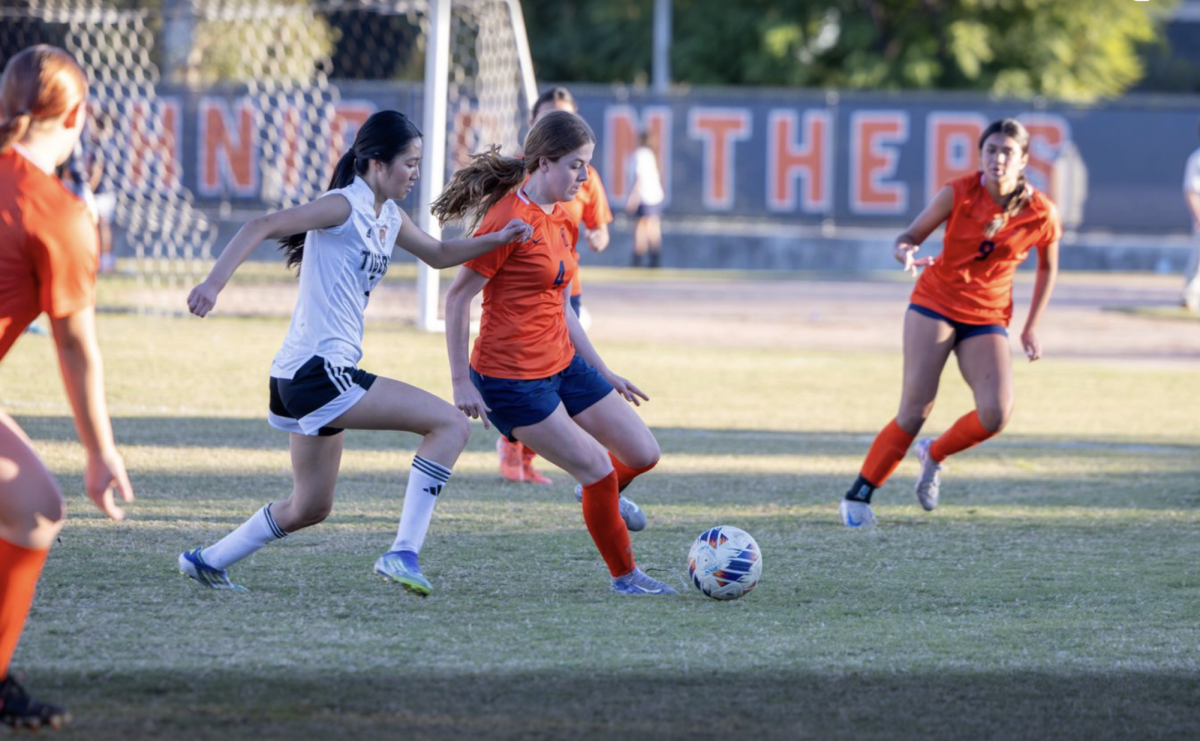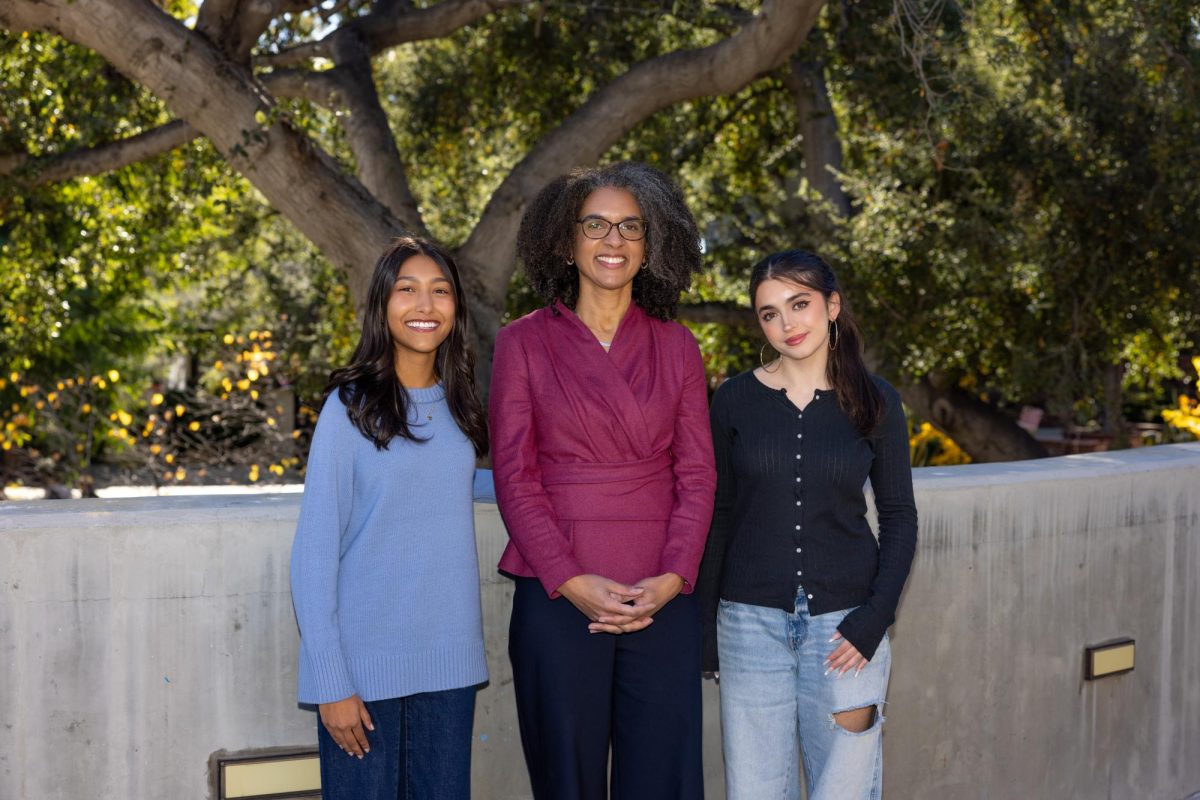When I was younger and I was asked what I wanted to be when I grew up, I responded that I didn’t know, but I wanted to “do something big.” I felt I would only be fulfilled if I made an appreciable difference in the world. In many ways, this feeling was a result of social pressures that I didn’t have words to describe at the time – pressures that led me to believe a person’s accomplishments are measured by their ability to single-handedly “change the world.” This burden we often place on younger generations is unrealistic for many reasons, most importantly because it doesn’t acknowledge the real source of wide-scale change: large groups of people working together.
Our society’s focus on individual achievement is not only unrealistic but also damaging, as it encourages an individualistic mindset. In an individualist society, emphasis is put on people’s individual achievements rather than collective efforts. This is, in some ways, a result of our capitalist society, a system that rewards individual achievement instead of collaborative work.
One of the main flaws of our society’s pressure to make a visible difference is that, by definition, we can’t all be well-known for our impacts on the world. The idea of becoming “famous” for our achievements ensures that only a limited number of people can ever become well-known – if we were all famous, none of us would be. This loophole pits us against each other, forcing us to compete for attention and acknowledgment of our achievements.
When I was in sixth grade, I idolized Greta Thunberg. I cared passionately about the climate crisis and was inspired by her bold school strikes and the large audience she gathered. The fact that she was a household name proved that she really had “changed the world”. But it wasn’t just her – she couldn’t have had such a big impact without the thousands of people who rallied behind her. We cannot possibly pay due respect to each of those thousands, and, more to the point, it would be impossible to measure the impact that each of them had on the change that their movement caused. Therefore, it is imperative that we understand how institutional change actually occurs. It’s not just because of one or two people. Change happens because huge groups of people rise up together.
The pressure to repair the world has been disproportionately placed on Gen Z. As the public comes to realize what scientists have known for decades – the full extent of the damage we have caused to the planet – adults have turned to our generation to repair problems that their generation has caused. The climate crisis is putting a burden on Gen Z that feels especially heavy because of its time-sensitivity. We are faced with tipping points, after which the damage becomes irreversible. These climate thresholds act like a ticking time bomb, adding to the urgency felt by young people to improve the world.
“Climate change is a very urgent issue,” said freshman Alexandra Tan, “so with younger people beginning to doubt older generations with their global and political choices, they may think that the only way to fix it is by themselves.” To alleviate this pressure on youth, it’s important for older generations to take responsibility for the current environmental issues we are faced with: climate change is not only a crisis of the future but one of the present as well, and older people are not yet obsolete.
The pressure to “change the world” is exacerbated by social media, another factor that sets Gen Z apart from previous generations. Social media has resulted in an increase in youth activism because it has allowed young people to get the attention of a wider audience, but for this same reason, it has also added to social pressures. When we are chronically connected to other people and bombarded with messages about who has done what, it’s difficult not to compare ourselves to the activist influencers who have reached thousands – which only further adds to the damaging culture of competition instead of collaboration.
When daunted by climate change and all of the other looming issues in our world, it’s easy to feel that any attempt at activism is futile. I have found it difficult, in my own life, to reconcile my ambition to make a positive mark on the world with the knowledge that, alone, my actions can only do so much. What I have come to realize is that despite the emphasis put on sensational and attention-grabbing action, we should feel fulfilled doing behind-the-scenes work because that is what, over time, actually leads to change. And because it takes so many to create large, institutional change, it is our responsibility not only to keep our actions in line with our values but to encourage the people around us to do the same. We may not be able to discern the change that we have individually contributed to, but in working together, we can take collective pride in change made over time.
“If you can’t do the big stuff, if it’s too overwhelming, focus on what’s right in front of you,” said Student Community Engagement Coordinator Reneé Larios. In acknowledging that change occurs through gradual, wide-scale efforts, we can give ourselves due praise for the small but crucial steps we take in our everyday lives to improve the world around us.

